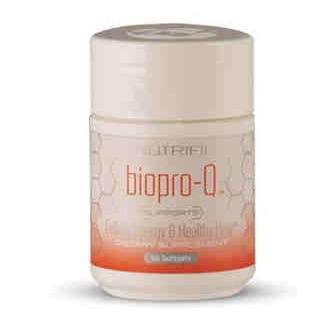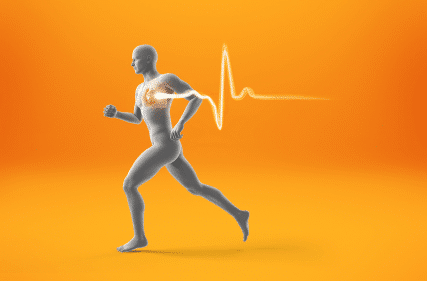This is the question often raised by most consumers who hear the word “ubiquinol” for the first time. For some people, ubiquinol is not a common byword in the health and wellness industry. They may think of it as just a simple vitamin or mineral that the body needs as suppleme nt. But what they don’t realize is that ubiquinol is not just a simple kind of supplement; it is in fact a very important part of the human body. So what is ubiquinol?
nt. But what they don’t realize is that ubiquinol is not just a simple kind of supplement; it is in fact a very important part of the human body. So what is ubiquinol?
Ubiquinol is a reduced form of Coenzyme Q10
Ubiquinol is a reduced form of Coenzyme Q10 (CoQ10), a substance naturally produced in the body that is especially present in large amounts in organs that require the most energy like the heart, liver, kidney, muscles and pancreas. Coenzyme Q10 can also be sourced out from certain food like meats (beef, pork and chicken), seafood and some vegetables like broccoli although in low amounts and is now widely available as a nutritional supplement and medicine to treat some health conditions. However, it is not classified as a vitamin because the human body can synthesize it.
Ubiquinol is practically important because the body’s cells use it to produce energy. It is a potent antioxidant that helps protect the body against cellular damage from oxidative stress and free radicals, which is why ubiquinol is widely used because of its anti-aging effects. It is also a lipid-soluble material that is biosynthesized in the blood.
Every cell in our body produces energy in the form of a molecule called ATP to keep us healthy and active. The ATP is produced in one part of the cell called mitochondria and ubiquinol helps promote the production of ATP in the mitochondrial inner membrane. Coenzyme Q10 is naturally converted into ubiquinol in the body. However, the conversion process is only active when a person is still young, or below 25 years old.
Okay, so how’s your knowledge about what is ubiquinol?
Above that age, the conversion process slows down because as a person grows in age, all other functions in the body would also tend to slow down. And since ubiquinol is needed by the cells to produce energy, dietary supplements of coenzyme Q10 and ubiquinol are thus recommended. Ubiquinol supplements have been found to be helpful in certain health conditions like heart and neurological diseases, blood pressure, liver dysfunction, renal disease and problems in the gum, mouth and the nervous system. But it is more helpful to patients who are taking statins, a kind of medications given to lower the level of cholesterol in the blood.
Statins have the tendency to deplete the produced ubiquinol in the blood so the patient needs supplements to replenish it, although this should be given under the supervision of a physician. Now, you learn more what is ubiquinol, right?
BioPro-Q is an excellent source of CoQ10, which is essential for the body’s natural production of cellular energy, and is also a powerful antioxidant. Click Here to take a closer look at BioPro-Q.
These statements have not been evaluated by the FDA. Our products are not intended to diagnose, treat, cure, or prevent any disease.

